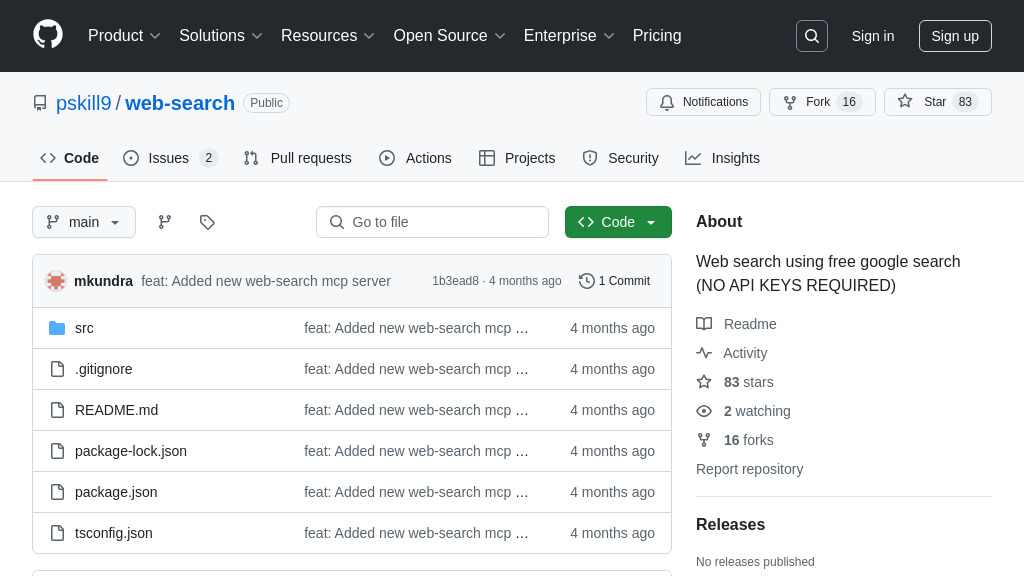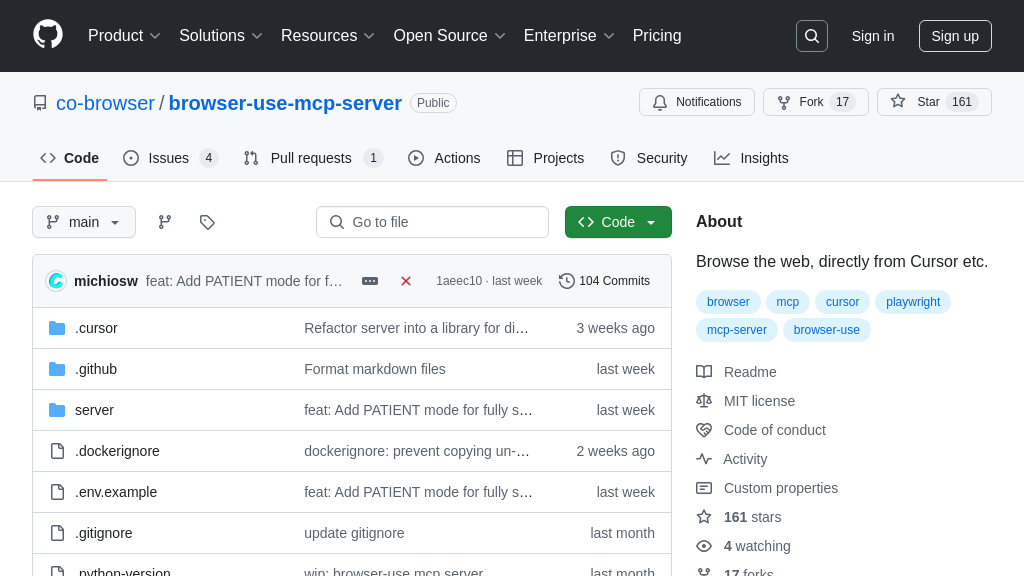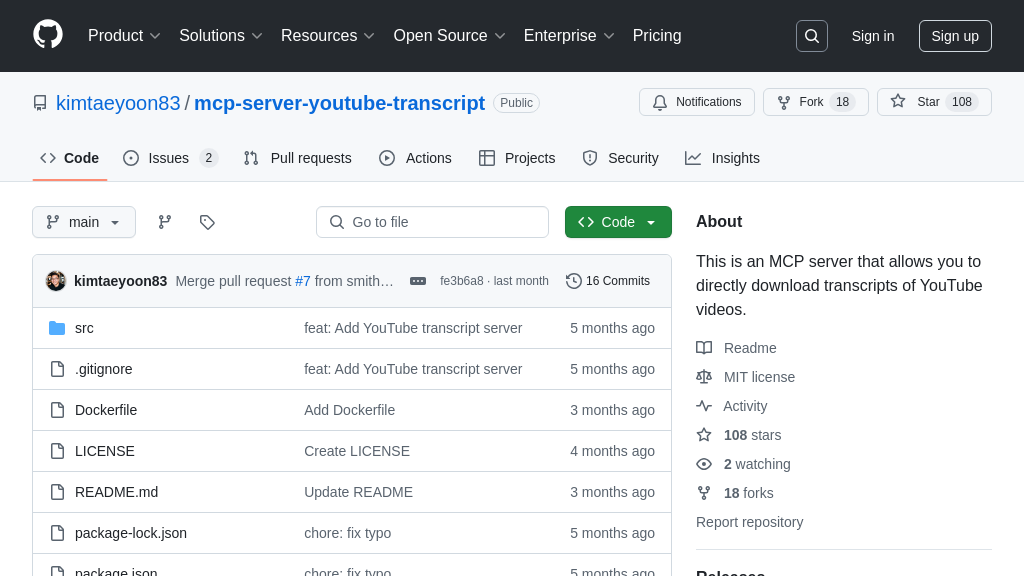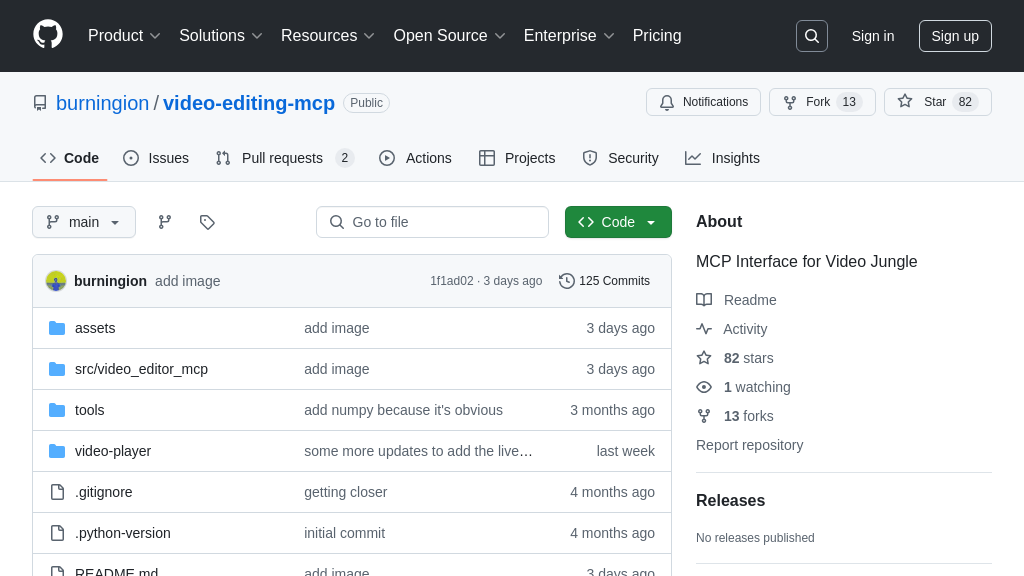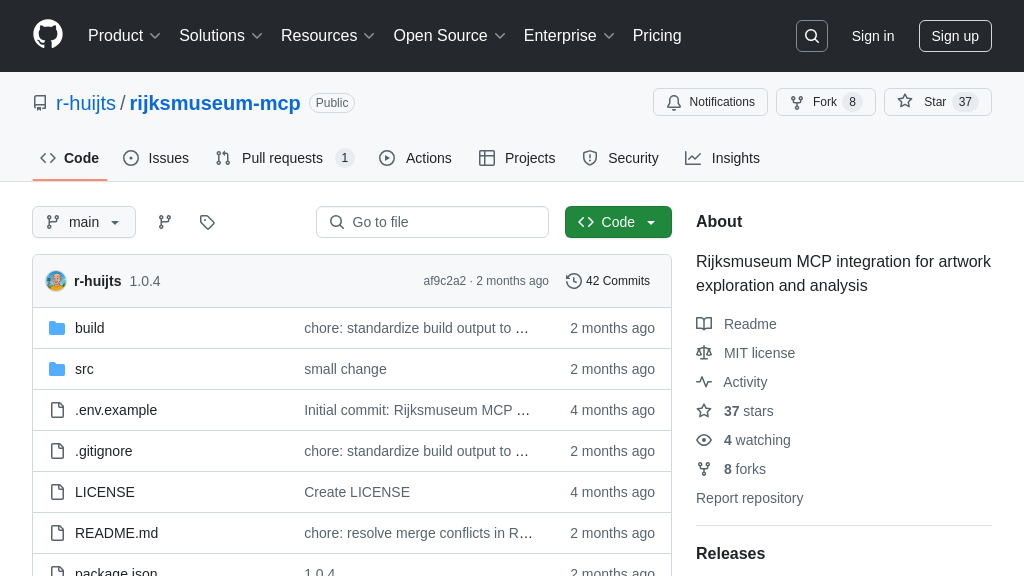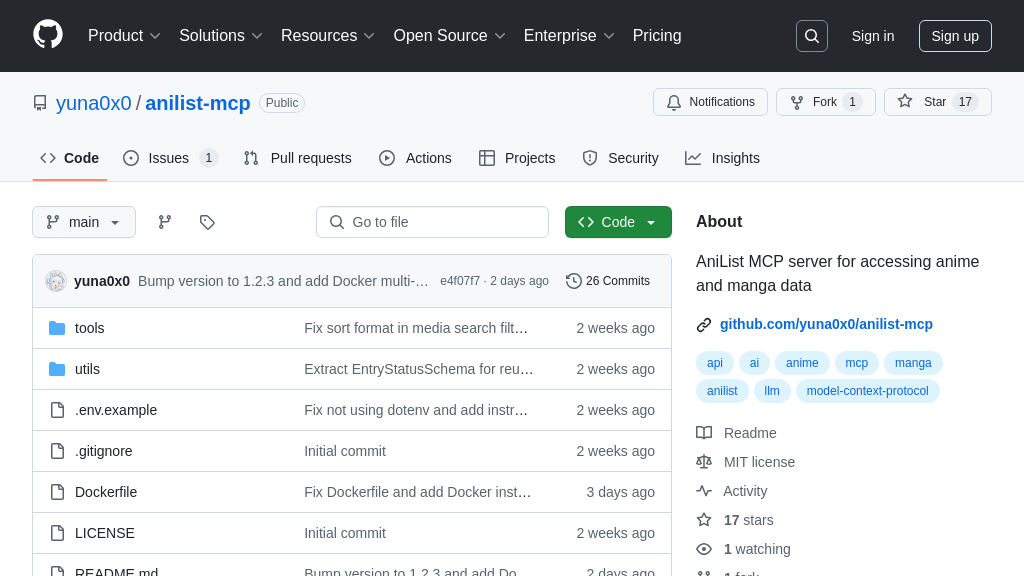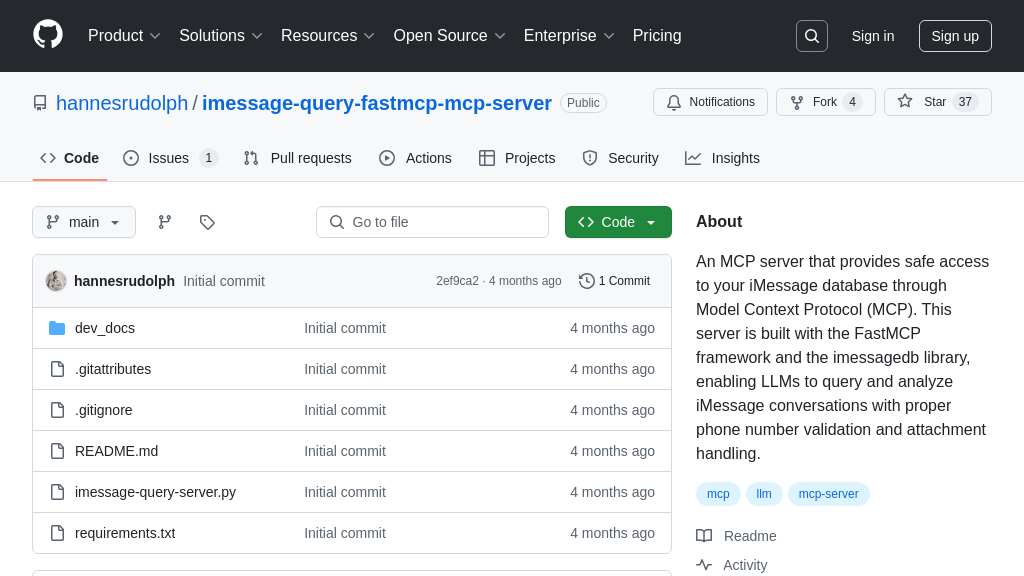mcp-servers-kagi
mcp-servers-kagi: An MCP server integrating Kagi Search API for AI models to access real-time web search.
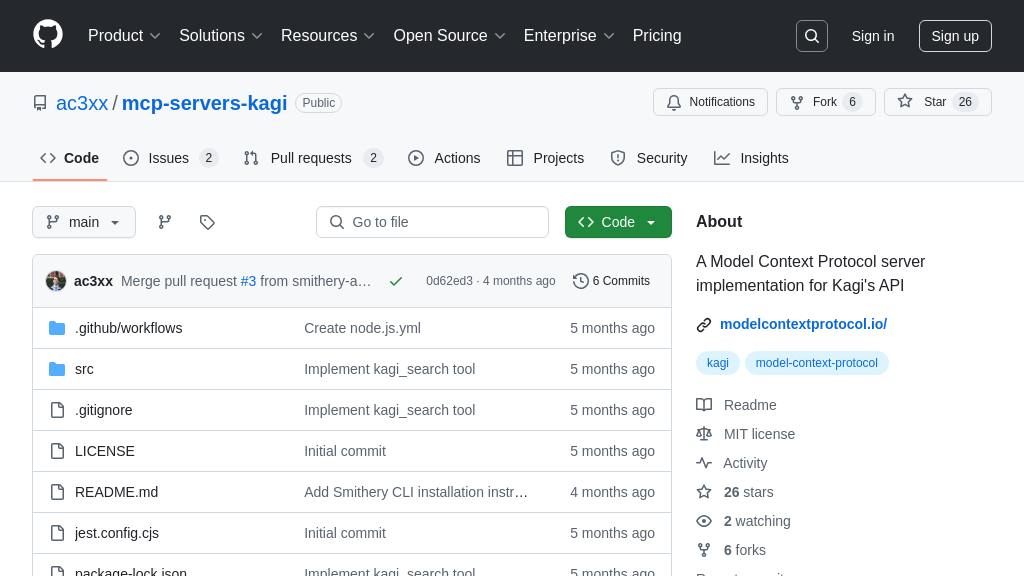
mcp-servers-kagi Solution Overview
The mcp-servers-kagi is an MCP server designed to seamlessly integrate the Kagi Search API with AI models. As a server within the MCP ecosystem, it empowers models with the ability to perform web searches via the implemented kagi_search tool, enhancing their knowledge base and providing real-time information access.
This server addresses the developer need for reliable and efficient web search capabilities within AI applications. By utilizing the Kagi API, it offers a pathway to retrieve high-quality search results, directly feeding into the model's reasoning and response generation processes. The server is built in TypeScript and communicates with AI clients via standard input/output, ensuring compatibility and ease of integration. Installation is streamlined through Smithery, and debugging is facilitated by the MCP Inspector. The core value lies in enabling AI models to access and utilize the vast information available on the web, leading to more informed and contextually relevant AI interactions.
mcp-servers-kagi Key Capabilities
Web Search via Kagi API
The kagi_search tool is the core functionality of this MCP server, enabling AI models to perform web searches using the Kagi Search API. It accepts a query string as input, along with an optional limit on the number of results. The server then sends this request to Kagi, retrieves the search results, and returns them to the AI model in a structured format. This allows the AI model to access real-time information from the web, enhancing its ability to answer questions, conduct research, and provide up-to-date insights.
For example, an AI model could use this tool to answer a user's question about the current weather in a specific city. The model would formulate a search query like "weather in London," send it to the kagi_search tool, and then process the returned search results to extract the relevant weather information. This integration eliminates the need for the AI model to have its own built-in search capabilities, instead leveraging the specialized search functionality provided by Kagi. The tool is implemented in TypeScript, handling API requests and response parsing.
MCP Integration for Claude Desktop
The mcp-servers-kagi server is designed for seamless integration with Claude Desktop, demonstrating a practical application of the Model Context Protocol. The server exposes Kagi's search capabilities to Claude, allowing users to enhance their interactions with the AI assistant. The installation process, facilitated by Smithery, simplifies the deployment and configuration of the server. By adding the server configuration to Claude Desktop's configuration file, users can easily enable the kagi_search tool within Claude.
For instance, a user could ask Claude to "find the latest research papers on large language models." Claude would then utilize the kagi_search tool to retrieve relevant papers from the web, providing the user with a curated list of resources. This integration streamlines the research process and empowers users to leverage the combined capabilities of Claude and Kagi. The server configuration specifies the command to execute the server and the necessary environment variables, such as the Kagi API key.
Standard I/O Communication
The server utilizes standard input/output (stdio) for communication, a fundamental aspect of the Model Context Protocol. This approach allows for a simple and universal communication channel between the AI client (e.g., Claude Desktop) and the MCP server. The AI client sends requests to the server via standard input, and the server returns the results via standard output. This eliminates the need for complex network configurations or specialized communication protocols.
For example, when Claude Desktop needs to perform a web search, it sends a JSON-formatted request containing the search query to the mcp-servers-kagi server via standard input. The server processes the request, performs the search using the Kagi API, and then returns the search results as a JSON-formatted response via standard output. Claude Desktop then parses the response and presents the results to the user. This stdio-based communication ensures compatibility and simplifies the integration process. Debugging is facilitated by the MCP Inspector, which allows developers to monitor the data exchanged between the client and the server.

